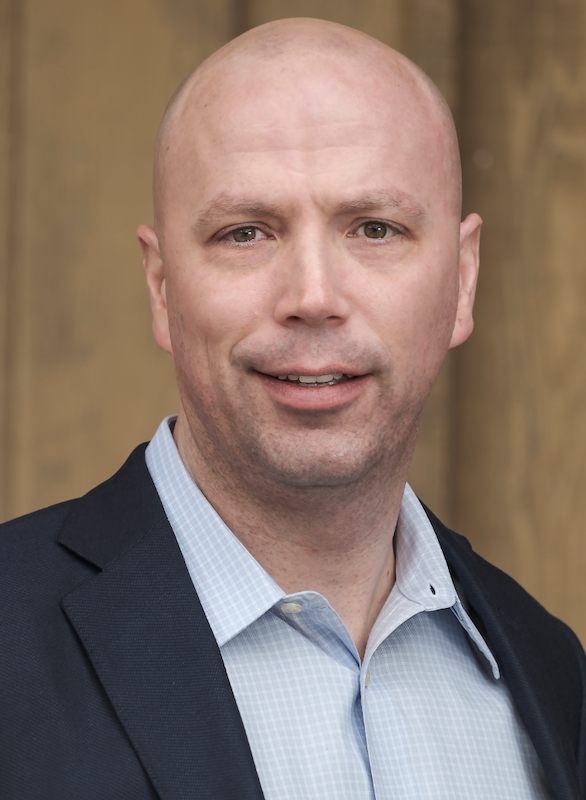The title is awkward: Assistant Secretary for the Washington State Ferries. That’s the official title. The job is the state ferry system’s head honcho; the CEO, if you will.
The position is one of five assistant secretaries in the Washington State Department of Transportation. All report to the department’s deputy secretary who reports to the secretary of transportation, who reports to the governor.
The assistant secretary for ferries has often been a job given to people who have worked their way up through the department. The most recent assistant secretary, ferries, has been Patty Rubstello, who moved to ferries after being assistant secretary of Urban Mobility & Access. In 2021, she replaced Amy Scarton, who had been head of DOT’s Community and Economic Development Office. She replaced Lynne Griffith, who had been the CEO of Pierce (County) Transit.
You’ll note that none of these ferry godmothers came to the job with maritime experience.
Now, however, as Rubstello retires, she is being replaced by Steve Nevey, a career mariner who has been the ferry system’s director of marine operations for the past two years. Before that, he held a senior position in the Seattle office of the Holland America Group. He’s a native of the UK, where he graduated from a maritime academy while being sponsored by Chevron. He graduated with a deck officer certificate and worked onboard Chevron tankers before moving on to other maritime jobs in the U.K. He came to the U.S. in 2008 with Holland America
After joining WSF in 2021 as director of marine operations, he was instantly confronted with a personnel crisis. There weren’t enough qualified and credentialled mariners to fully staff the boats and many sailings were being canceled due to insufficient crew.
Nevey says that in the U.K. and other European countries young people go into maritime programs right out of high school, like he did. Employers, like Chevron and Holland America, help in the recruitment and training, thus ensuring a steady supply of qualified mariners.
He was shocked to find that WSF did nothing of the kind. In fact, the state agency had cut funding for training, even though the future needs were apparent.
Nevey believed that more money was required for training and that WSF should create more programs to encourage internal promotions by providing paid time off and scholarships. He convinced Roger Millar, the state secretary of transportation, to change course and get the state working to fill the vacancies from both within and without.
Now Millar has promoted Nevey to take the helm of the state ferries. This is an encouraging move. The state ferries are a critically important link in the state’s transportation system. Problems with broken boats and insufficient crewing have canceled thousands of sailings over the past few years. Plans are in place to address both, but the challenges to right the ship, as it were, are immense. Nevey brings the right experience and the right attitude to do what needs to be done.




